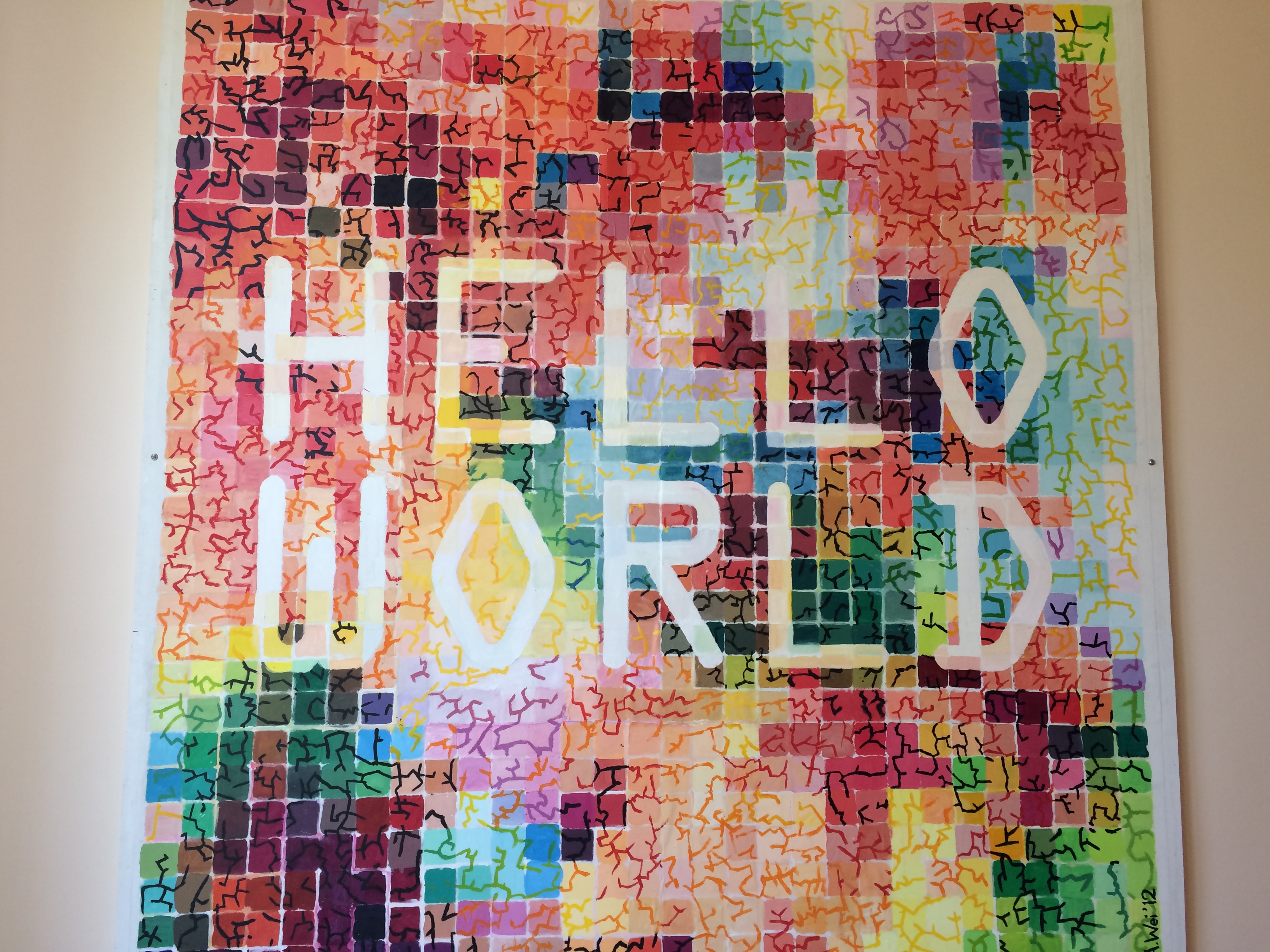
Three years ago around this time, I was applying to Princeton, and I had no idea what I wanted to study.
I was, however, pretty set against studying computer science, or "COS," as we call it at Princeton. Despite having taken and enjoyed AP computer science in high school, I had this preconceived notion that all programmers must be nocturnal, anti-social guys who wore flip-flops and hoodies and were permanently glued to their computers, hacking away at code ("The Social Network," anyone?), and that just didn't sound like me.
Yet, after arriving at Princeton, I took two COS classes my freshman year, and they were the most gratifying out of all my classes. I loved being able to solve complex problems and their real applications with my weekly COS programming assignments, and writing clean, clear code that passed all tests on submission was always extremely satisfying. However, the stigma that I associated with becoming a COS major still bothered me, and I remained very undecided about my major at the end of my freshman year.
That summer, I ended up working as a camp counselor at a sports and technology camp, where my campers totally changed my perspective on programming. They were amazed by the fact that they could create their own cool, customized games with some computer code, and their energy and eagerness made me totally re-evaluate my own attitude.
When I returned to Princeton in the fall with my major choice lying right around the corner, I decided to explore the option of becoming a COS major and sought advice in all sorts of forms.
The first person I talked to was Justine Levine, my director of studies at Rocky College, who asked me the most perfect guiding questions: “What kinds of classes would you want to keep taking for the rest of your time at Princeton?” “What kind of independent work would you want to do for your junior projects and senior thesis?” When I thought about it, of all the classes I had taken, I felt like l had always gotten the most out of my COS classes each semester, and I was hungry to learn more. COS seemed to be the right fit, but I had no idea what COS independent work entailed.
At Justine Levine’s suggestion, I met with Professor Brian Kernighan, the COS departmental representative, or “dep rep.” With his kind, reassuring voice and relaxed demeanor, he offered encouraging answers to all of my inquiries about the COS department: Yes, the department is quite flexible, and we encourage students to pursue whatever they want for their independent work. Unlike other majors, where students write papers that are either recycled or filed away in basements, COS projects are often used by the Princeton community, or by an even broader group of people. Plus, the department is super accommodating for students who wish to study abroad! When I left my meeting, I was sure that COS was the best major on campus.
At Prof. Kernighan's recommendation that I meet some like-minded people, I joined Princeton Women in Computer Science (PWiCS), where I met tons of awesome, down-to-earth ladies who had all kinds of cool interests and lives outside of computer science, totally destroying my previous stigma about being a COS major. Their willingness to talk openly and offer advice about classes, internships, and being a female in COS is definitely one of the main reasons why I’m happy to call myself a Princeton Woman in Computer Science.
Now, I can’t imagine my life any other way, which is funny, because three years ago, as a senior in high school, I would have never imagined this — becoming a computer science major or studying at Princeton University. So, I’ve learned my lesson — keep an open mind! You never know what will happen.






